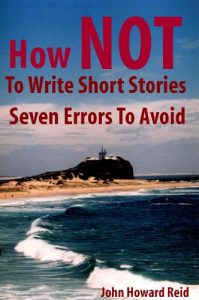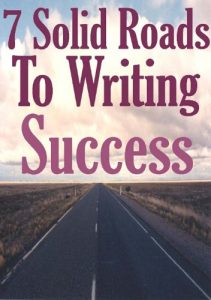This book examines the following points: 1. Accessibility. Don’t make your work hard to read. Make it easy for all your potential readers. 2. Titles. Avoid long titles. 3. Point of view. Avoid using a third person viewpoint when a first would be more effective. 4. Names. Avoid endlessly repeating the name of your central character. Avoid difficult names unless your intention is humorous. Avoid making your characters all talk the same way. 5. Avoid starting off on a low note. Get the reader involved from the outset. Avoid repetitive subject-verb-predicate sentences. Defy new-age grammarians and use gerunds occasionally. Don’t use “was….was” constructions. 6. Watch your language. Avoid dull dialog, foreign phrases and even more so, foreign dialog. Avoid dialog that doesn’t perform any functions except take up space. Make sure the reader can sense who is speaking the lines even if you don’t actually identify the speaker. 7. Avoid making two words grow where even one would be superfluous. Wordiness is a common fault in most entries. Writers can’t help but fall in love with every word they write, so it’s important to have an unbiased person check to see if your story is literally drowning in words. The author is Chief Judge of three annual USA literary events, including the Tom Howard Short Story Contest and the Margaret Reid Contest for Traditional Verse. (2,800 words).
How NOT To Write Short Stories Seven Errors To Avoid (Essential Writers’ Guidebooks Book 2) (English Edition)
Sobre
Talvez você seja redirecionado para outro site








